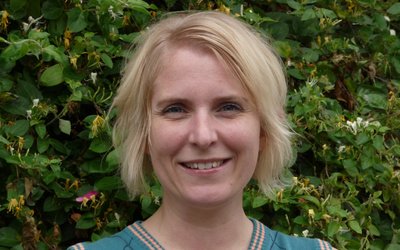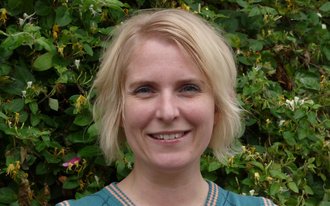From regional constitution to international law
From regional constitution to international law
Clash between provincial and national law
Diego Rodriguez works at M’Bigua. He told us about the way the province Entre Rios opposed the damming of a river. The national government of Argentina planned to build a dam, while Argentinian natural resources are being owned by the provincial government. After they won the case, the provincial authorities decided they would take it to the next level. They adopted the right to clean and safe drinking water in the provincial constitution, causing a tough discussion between the national and the provincial government. For me it was very inspiring to hear that a whole country can be put in motion to change the national law. And this also pushes the process of getting international recognition for national laws.
Riachuelo under supervision of the Ombudsman
Leandro Garcia Silva, the Argentinian Ombudsman, is the head of an independent institute, responsible for checking the government on respecting human rights. After having received many complaints about the unhealthy environment around the Riachuelo river (a small, very densely populated area), Garcia Silva decided to do something about it. He organized stakeholder meetings and invited civil society organizations like Farn and Greenpeace Argentina to share their thoughts and experiences. Eventually, the Ombudsman became the supervisor of the river cleaning project.
Disadvantages for cleaner companies.
The last speaker was Marcelo Taboade from UISCUMARR, an organization founded by a group of companies worrying about the situation and willing to do something about it. UISCUMARR helps companies to switch to more eco-friendly technologies, to use less water and to properly treat waste water. These companies are now legally obliged to cooperate. Because of this however, they are temporarily disadvantaged, having invested in expensive technologies while their competitors have not. The chances of a company breaking the law getting caught are small as law enforcement is still weak.
The right to a clean, healthy and sustainable environment
The meeting was very inspiring. It was encouraging to see that juridical instruments can really make a change in the struggle for a clean environment. Izabella Dias and I are now working on our conclusions and recommendations. We will give them to the Independent Expert on a Clean, Healthy and Sustainable Environment of the United Nations. Appointed in 2012, The Independent Expert is given three years to research if the right to a clean, healthy and sustainable environment should exist and how it could be enforced. Izabella and I already have our conclusion ready: the recognition and implementation of this right is indeed invaluable!
Read more about this subject
-
Blog / 4 September 2013
Clean up the dirt with environmental law.
 Clean up the dirt with environmental law.
Clean up the dirt with environmental law.




